As many of you know I have Breast Cancer, and it’s National Cancer Prevention Month, so I am compelled to amplify this message. After 3 types of cancer treatments over a course of 8 months (and still going), I am worn out. With this assault on the cancer cells in my body, it is also an assault on my overall health. I have learned a lot about my unique body, family history (which I know I have now!), mental fortitude, spirituality, people who show up the way I need and those who don’t, and how I can use this adversity to help others. It is scary and depletes my quality of life, but it’s also a gift in so many ways. You cannot reach enlightenment without walking through those hardships. I have gained some Depression during this last phase of treatment (which I am actively working on) and some deep agency insight. I am just learning I AM IN CHARGE OF MY BODY. I am in power. Throughout all this, I was thrown into a cancer conveyer belt and some medical team choices are not in my best interest for my overall well-being. I learned that I can take charge and make choices outside of the cancer conveyer belt. Fighting breast cancer is not just during surgery, chemo, radiation, and hormone therapy. It extends far beyond that. It’s for the rest of your days kind of thing. If you are struggling alongside me, I’m here, and I care.
Things to not say to someone battling cancer:
- “So you’re done? In remission?” It’s never done. It’s never over. Side effects are often long term and you are now at risk for recurrence and will live in a new state of fear that it will return. Not to mention the other risk factors you have gained now (i.e. osteoporosis, ovarian cancer, blood clots, depression…etc).
- “What did you do to get cancer?” I scientifically know lifestyle habits can push cancer growing along. It doesn’t matter. It is not actually being there for someone when you are inserting shame or blame when they are in their most vulnerable state.
- “You don’t look like you have cancer. You seem fine.” We are not fine. Our life has been threatened and we have so many body and mind-altering treatments that affect our every minute of existence. It hurts to get up in the morning. It hurts to be motivated. How we used to feel is a distant memory. To not recognize your own body on many days is scary. Not to mention the overwhelming management of all the new doctor and treatment appointments and chasing down health while trying to work, raise a child who is counting on you to not fall apart, and somehow deal with the medical bills and keeping the house afloat. Just because you don’t go through chemotherapy and lose all your hair in an obvious way, doesn’t mean you are not ill in your body. We are not fine.
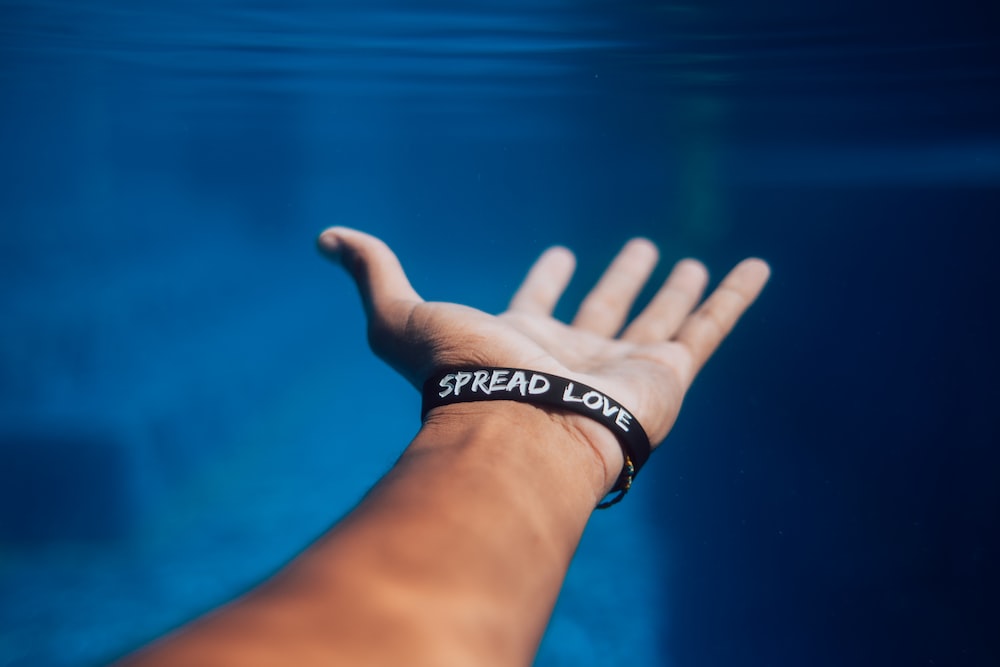
Examples of what you can say:
- I’m here and I care
- I can only imagine how overwhelming this must be for you
- I love you and I see you
- Say nothing and offer a hug and don’t let go until they do. You can whisper to them “stay as long as you need.”
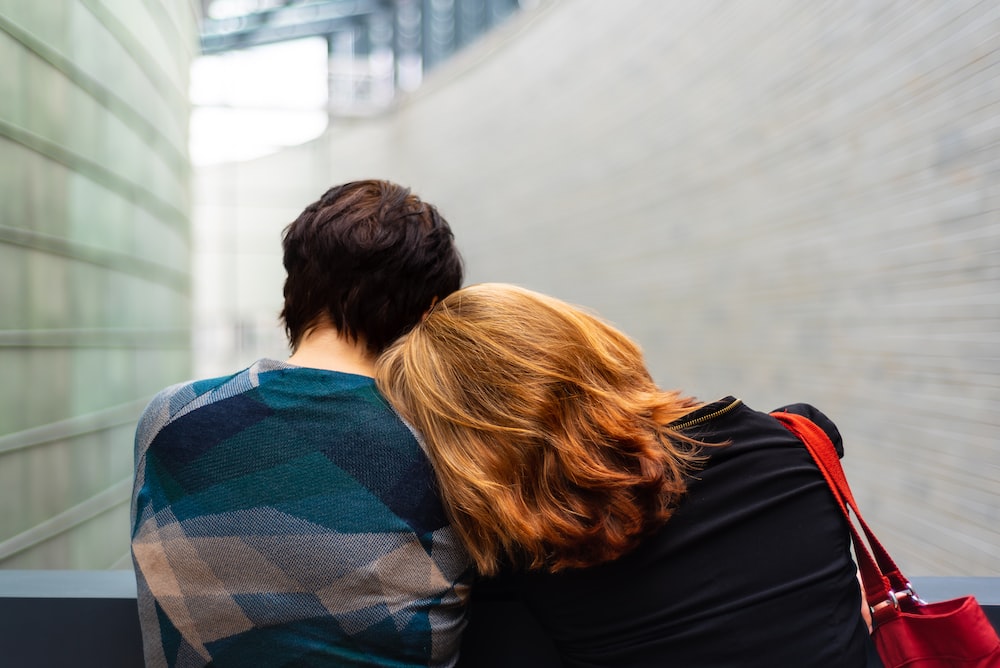
Learning empathy:
Empathy is about sitting in the dark with someone instead of trying to fix them or silver line their darkness. That is the worst. Don’t do that. It makes them feel further away and isolated. A really helpful video if you wish to learn more about empathy by Brene Brown: https://www.youtube.com/watch?v=HznVuCVQd10
Eating with Breast Cancer
You may ask – so what do you eat now? What is the breast cancer diet? Is there a specific diet for breast cancer? You know it’s funny when meeting with my Oncology team nobody said a word about diet/nutrition. I was astonished. I want you to know you have agency over your nutrition and you can make an impact on your cancer prognosis. You may ask, did I change anything? Being a Vegetarian (practically Vegan), a Dietitian, and a Fitness Trainer, I have a bit of an edge in understanding the significance of a holistically healthy lifestyle; but, I have made some modifications since my diagnosis that I would love to share with you. So what’s the goal here? This is meant to reduce the incidence of breast and other cancers, manage current cancer states so it doesn’t proliferate, reduce recurrence AND/or to feel best in your body long term. That sounds ideal, right?
Only about 10% of breast cancer cases can be attributed to genetics (thanks Dad!). As for the other 90%? Much of that is up to you! You have enormous power to reduce your risk of being one of the nearly 270,000 women who will be diagnosed with it this year. Some are just unlucky, but why not raise the odds in your favor?
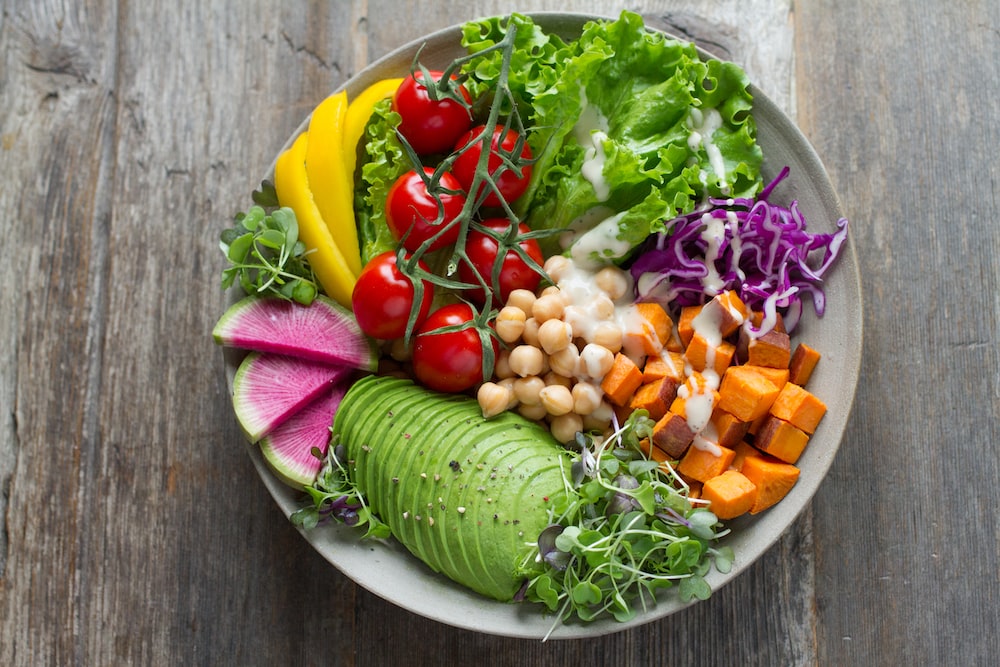
Choose whole foods plant-based whenever possible:
There are specific foods for breast cancer. This is breast cancer nutrition. “The healthiest meals are plant-based, low in saturated fat (animal origin), high fiber: an abundance of fresh fruits and vegetables, 100% whole grains like brown rice and oats, non-animal proteins such as lentils, beans, and soy. Eating a low-fat diet rich in fruits, vegetables, grains, and beans—while avoiding meat, dairy, and fatty animal products—promotes breast health” claims Dr. Kristi Funk Breast Cancer Surgeon/Doctor who I adore for all her brilliant teachings. She even has cooking classes and further education on her website Pink Lotus and through her interviews/podcasts/classes. https://www.youtube.com/watch?app=desktop&v=aA-29WhRjTY
Whole foods plant-based meals help with weight loss as well, because they are typically low in calories and high in appetite-taming fiber. In addition, high-fiber, low-saturated fat diets can help you gently reduce estrogen levels. In turn, lower estrogen levels can lower your risk of cancer.
80% of all breast cancers are fed by estrogen, so we should look at foods that fight that. You may be surprised to learn soy opposes estrogen binding because soy has a similar structure. So it blocks estrogen! So opposite of what the word on the street is, right?
Plant-based foods are packed with so much micro-nutrition, and plant-based diets can reduce the risk of multiple diseases. Even so, you’ll want to ensure you get complete nutrition. To do that, include a variety of vegetables, fruits, whole grains, and beans in your routine. And be sure to have a reliable source of vitamin B12 daily, such as a simple B12 supplement.
Find some cancer-busting recipes here: https://pinklotus.com/powerup/content/ and a daily intake checklist https://pinklotus.com/wp-content/uploads/2018/05/Dr-Kristi-Funks-Favorite-14-Eat-To-Beat.pdf
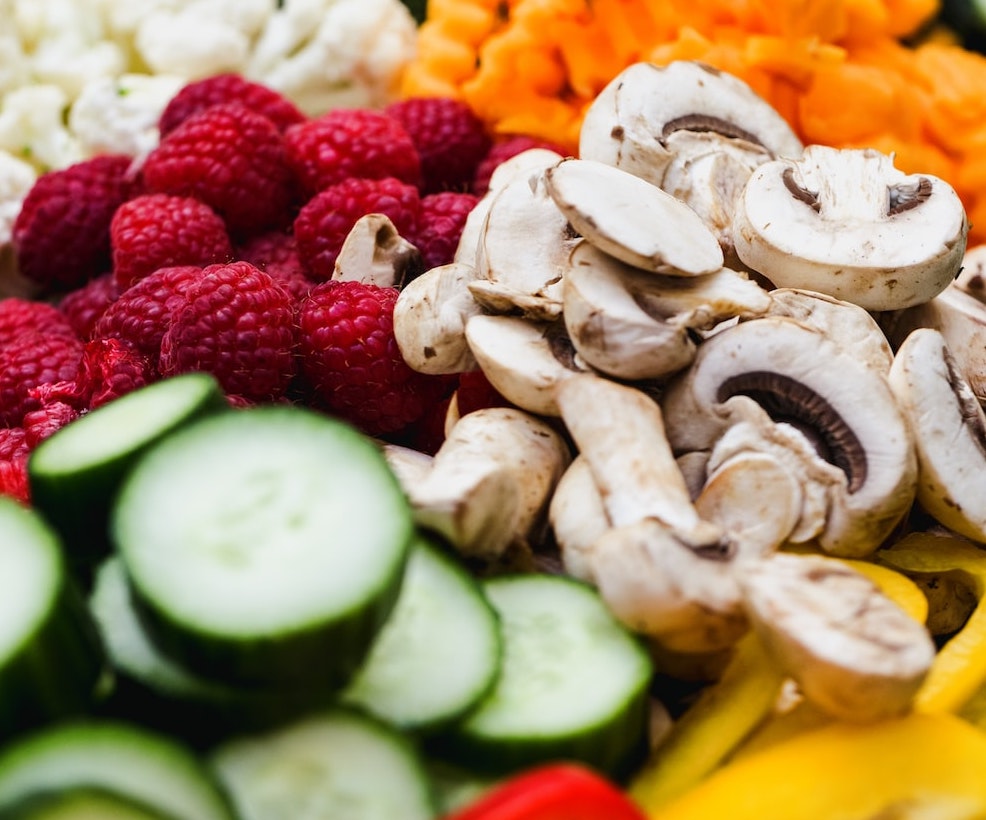
Fill up on vegetables:
- They have special cancer-fighting powers and nutrients.
- Cancer-fighting phytochemicals
- Broccoli, kale, Brussels sprouts, and other cruciferous veggies help your body eliminate cancer-causing chemicals.
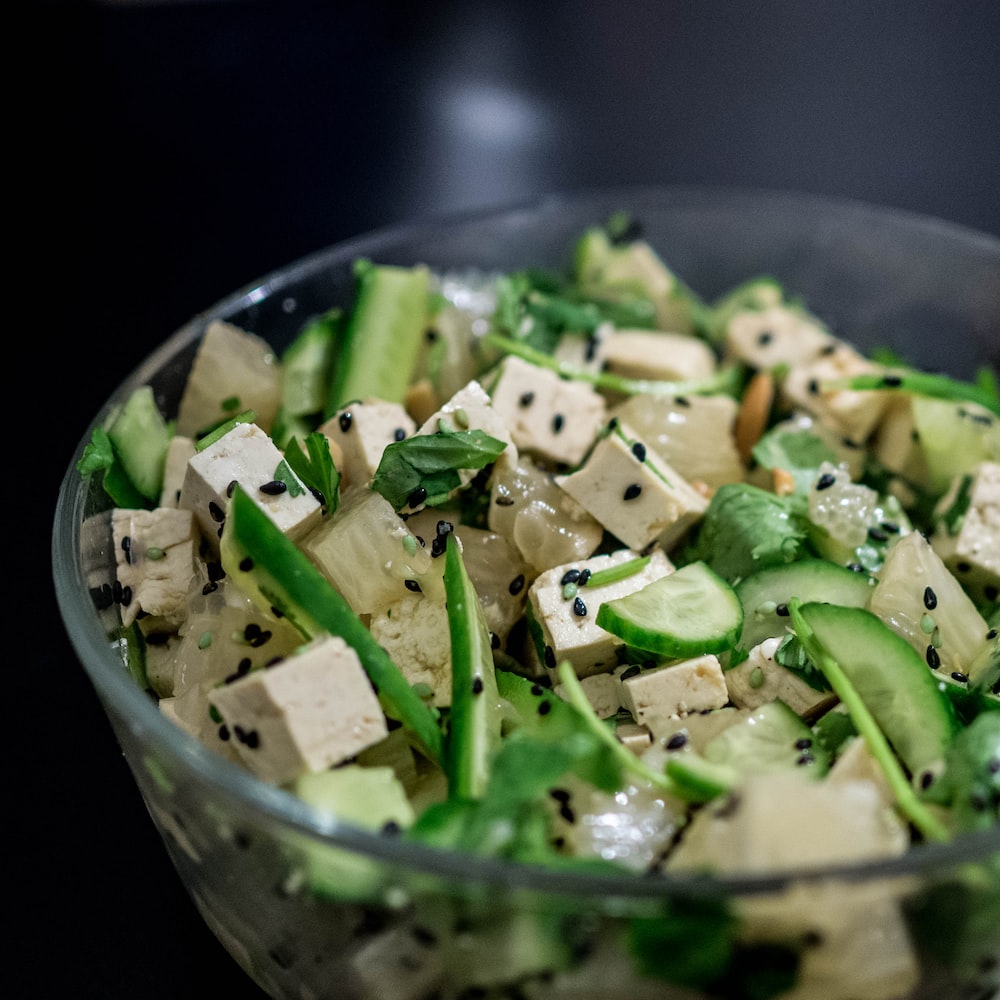
Eat more soy:
- In a recent study, women who consumed more soy lowered their risk of breast cancer by 30%.
- Isoflavones: Whole soy foods like tofu and soy milk contain protective substances called isoflavones. Eating soy is linked to lower breast cancer risk, especially for survivors. I have increased my soy intake to double now. Every day I make sure to get at least 2 servings from unsweetened soy milk and organic super firm tofu.
- After a diagnosis of breast cancer, women who eat more soy-based foods actually have a better chance at a long, healthy life. They are less likely to have a recurrence and less likely to die from breast cancer than women who skip soy. The notion that soy products are associated with increased recurrence is a myth that has been widely and mistakenly promoted. Research findings show that eating soy foods like tofu, tempeh, and soy milk seems to have a protective effect. With my breast cancer diet plan, I have increased my soy quite a bit with unsweetened soy milk and organic firm tofu.
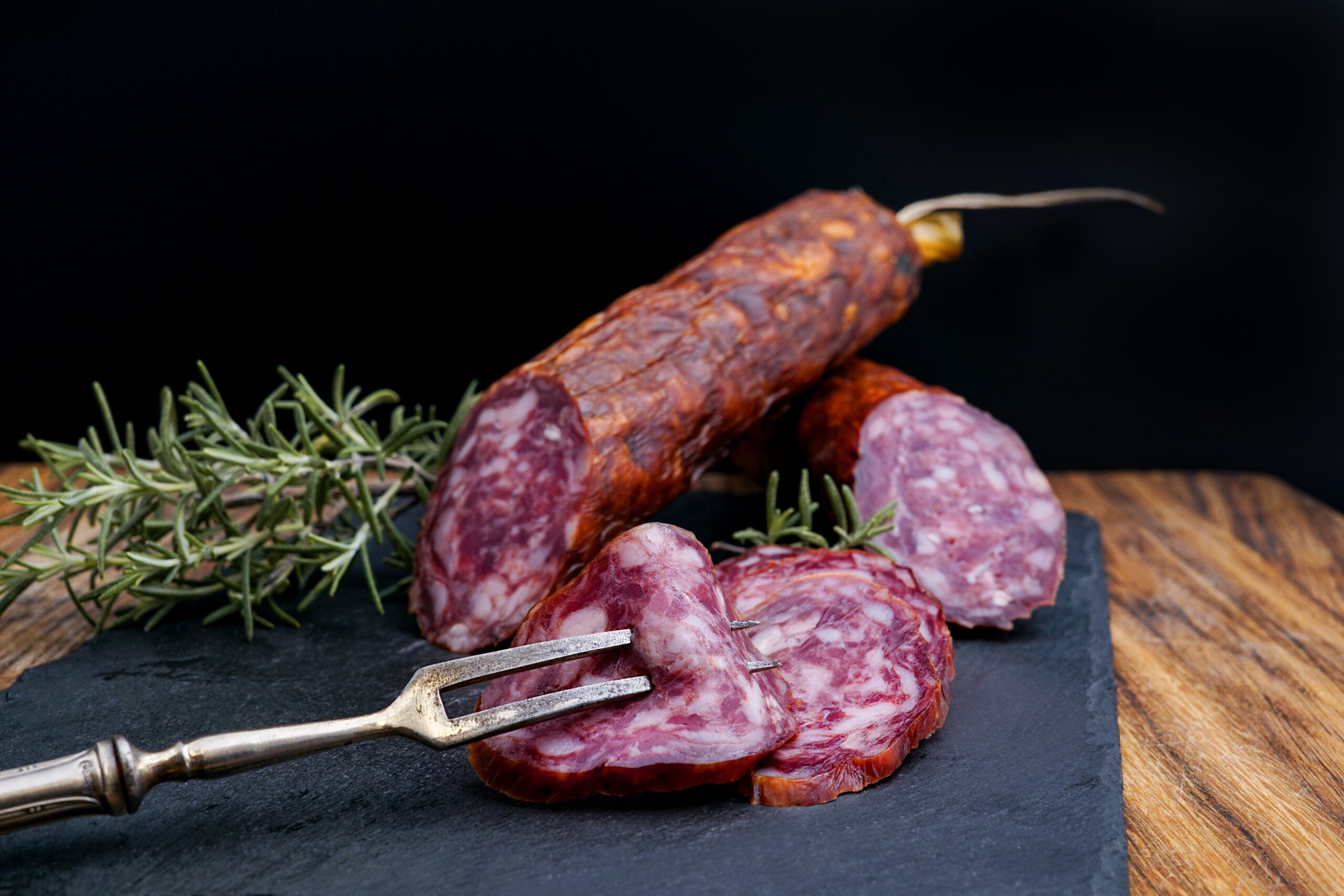
Avoid processed meats:
Linked to cancer are: hot dogs, bacon, and lunch meats, which are known to increase the risk of breast cancer, and colon, prostate, and pancreatic cancer. The World Health Organization has classified processed meats – including ham, bacon, salami, and frankfurts – as a Group 1 carcinogen (known to cause cancer), which means that there’s strong evidence that processed meats cause cancer.
Current research shows that there are certain chemicals in red and processed meats, both added and naturally occurring that cause these foods to be carcinogenic. For example, when a chemical in red meat called haem is broken down in the gut, N-nitroso chemicals are formed and these have been found to damage the cells that line the bowel, which can lead to bowel cancer. These same chemicals also form when processed meat is digested. In addition, the nitrite and nitrate preservatives used to preserve processed meat produce these N-nitroso chemicals and can lead to bowel cancer. Scary stuff if you ask me.
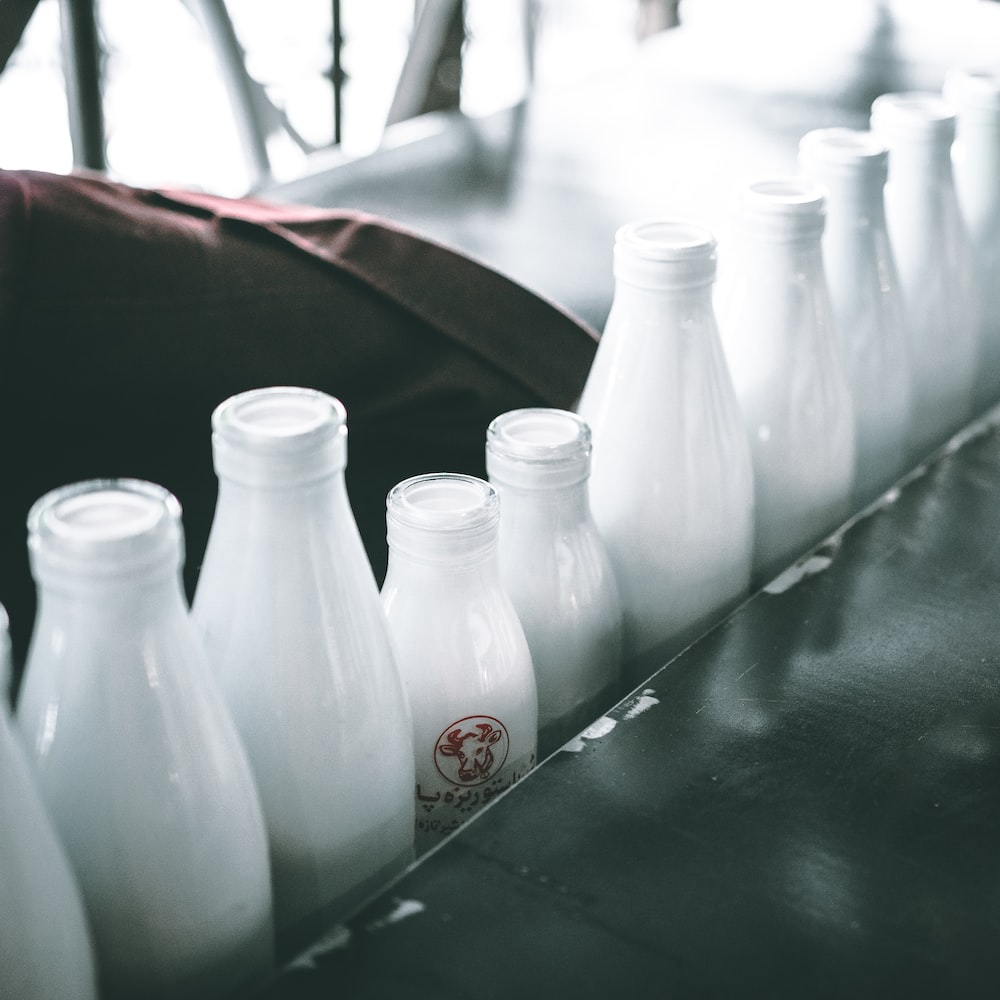
Watch the dairy consumption:
I had to include this since I had to learn more about dairy! Most of our dairy sources are not organic pasture-raised, so I have to inform you of what the findings are:
- Research has linked the high-fat content and hormones in milk, cheese, and other dairy products to breast cancer.
- One study of nearly 10,000 women found that those who consume low saturated fat diets have a 23 percent lower risk for breast cancer recurrence. They also have a 17 percent lower risk of dying from the disease.
- A 2017 study funded by the National Cancer Institute that compared the diets of women diagnosed with breast cancer to those without breast cancer found that those who consumed the most American, cheddar, and cream cheeses had a 53% higher risk for breast cancer.
- The Life After Cancer Epidemiology study found that, among women previously diagnosed with breast cancer, those consuming one or more servings of high-fat dairy products (e.g., cheese, ice cream, whole milk) daily had a 49% higher breast cancer mortality, compared with those consuming less than one-half serving daily.
- Research funded by the National Cancer Institute, the National Institutes of Health, and the World Cancer Research Fund, found that women who consumed 1/4 to 1/3 cup of cow’s milk per day had a 30% increased chance of breast cancer. One cup per day increased the risk by 50%, and 2-3 cups were associated with an 80% increased chance of breast cancer.
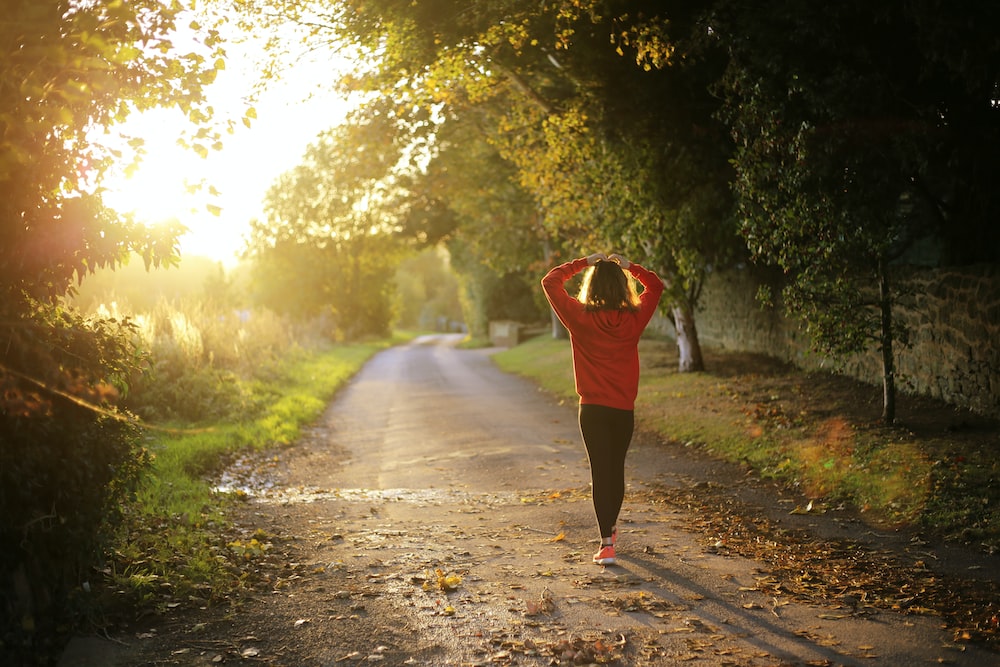
Exercise regularly and most days:
Physical activity, especially vigorous exercise like running or fast cycling, lowers the risk of breast cancer. Why? Evidence suggests that exercise helps with weight loss, and it also strengthens immune defenses, which may help the body kill cancer cells that arise.
If you are sedentary now, it helps to start exercising slowly and build up gradually. Briskly walking for ten or fifteen minutes three times per week is a good beginning. You can then add five minutes to each walk until you are walking for 30 or 40 minutes at a time. When you feel ready to take it up a notch, you can add running, swimming, cycling, or other activities you find enjoyable. (Note: Please talk to your doctor before starting an exercise program.)
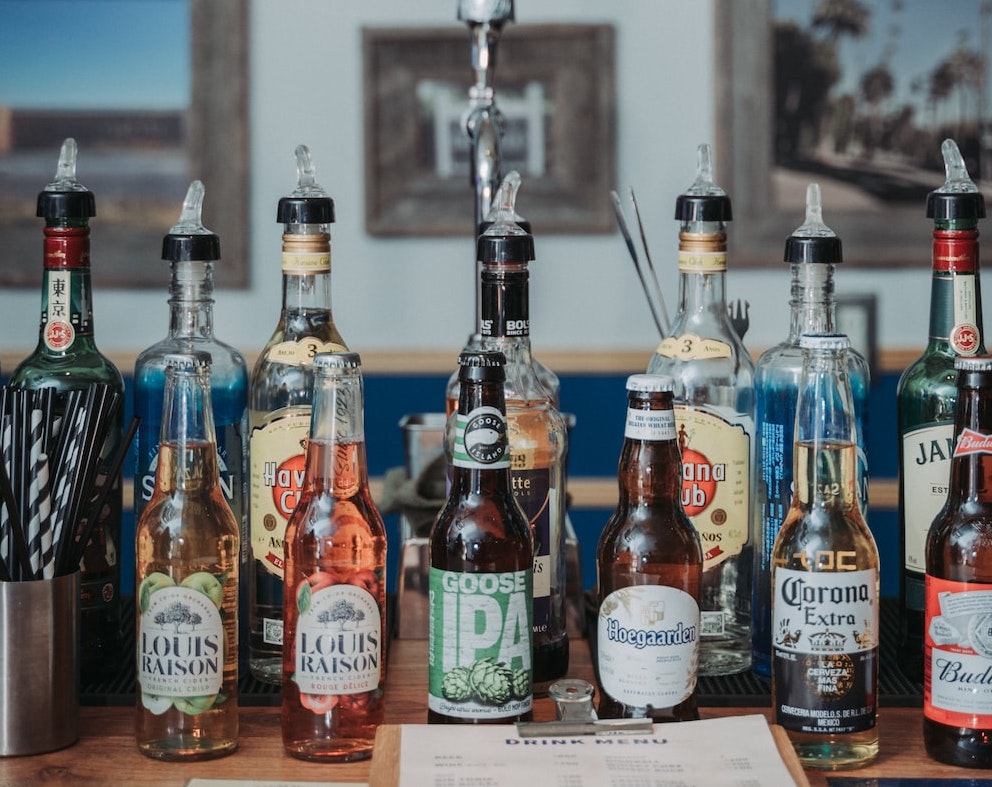
Limit or, if you can, avoid alcohol:
Alcohol increases breast cancer risk. Boom. I was only drinking a few drinks a month, but when I got my diagnosis I just stopped altogether. The recommendation is for all kinds of alcohol, including beer, wine, and liquor. Even one drink a day increases risk. The less you drink, the lower your risk. Alcohol can increase estrogen levels, and it can cause DNA damage – the first step in the development of cancer.
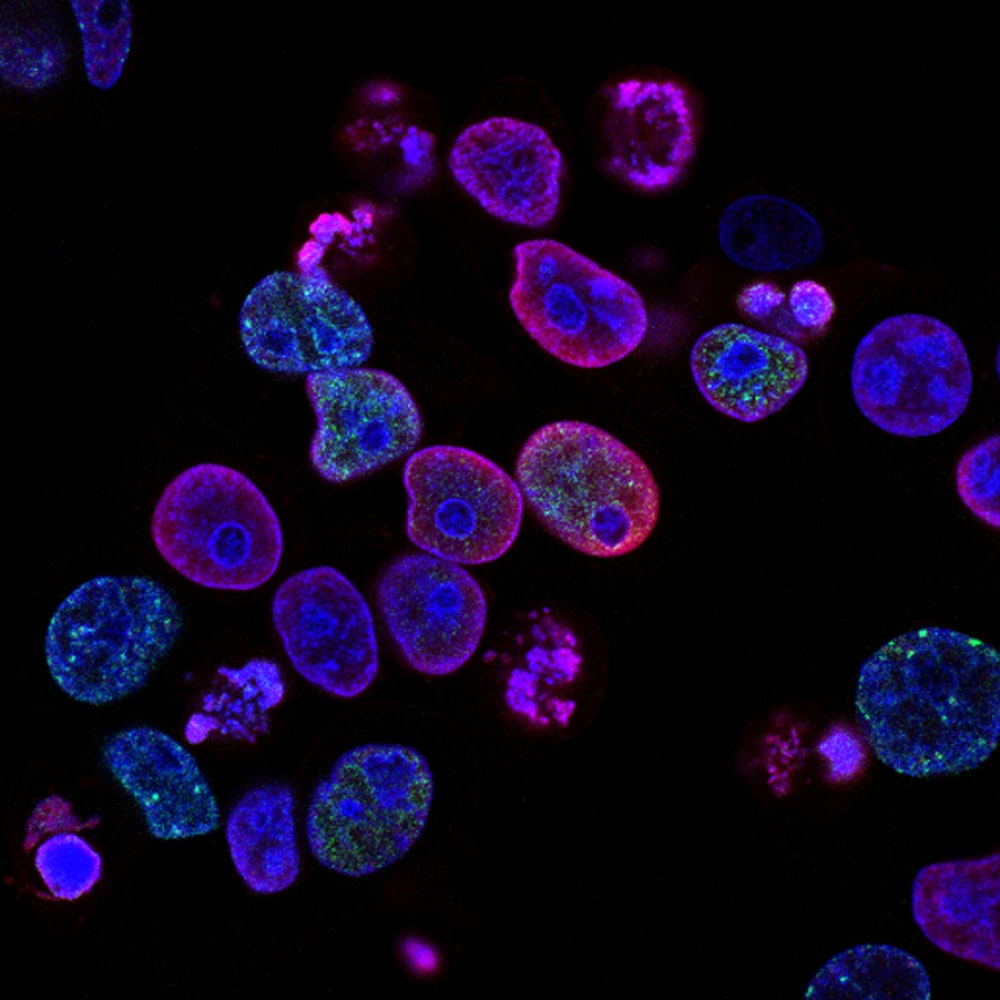
Maintain lower body fat (and a weight your body thrives at), but don’t let it dominate your life:
This one is even hard to talk about because I am a weight-inclusive counselor. When we only focus on weight, we end up decreasing our healthy habits and sometimes gain more! So please take this suggestion alongside overall well-being. I must present the research while including human behavior. Don’t make weight your only health measure.
Excess body weight/fat increases the odds of getting breast cancer after menopause. Extra weight can also make cancer more likely to advance when it arises. The reason seems to be that fat cells produce estrogens – female hormones that can help cancer cells form and spread. Being overweight also increases your risk of other problems like diabetes, high blood pressure, heart disease, and other kinds of cancer.
I know this is a tall order…lots to change and maintain. We start where we are at, and don’t let fear take over. Let’s just have a wise strategy and arm our body the best way we know how and can.
I am here, and I care,
Miriam Jirari MPH, RDN, CPT
Intuitive Eating Counselor
Studio SWEAT Dietitian and Cancer Thriver
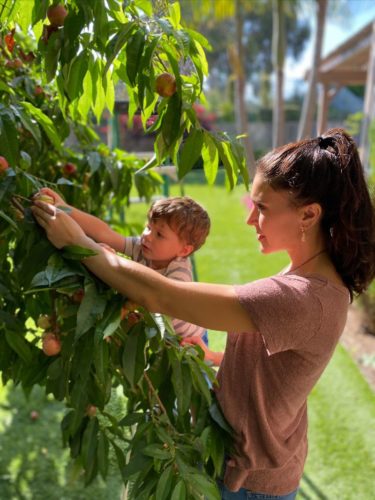
Resources:
- https://p.widencdn.net/fakfgy/19455-NTR-Breast-Cancer–How-To-Reduce-Your-Risk-Fact-Sheet
- https://www.pcrm.org/news/exam-room-podcast/eating-prevent-breast-cancer-these-foods-can-help-dr-kristi-funk-live-qa
- https://www.pcrm.org/health-topics/breast-cancer
- https://www.cancercouncil.com.au/1in3cancers/lifestyle-choices-and-cancer/red-meat-processed-meat-and-cancer/#:~:text=The%20World%20Health%20Organization%20has,of%20bowel%20and%20stomach%20cancer.
- https://www.mdanderson.org/cancerwise/is-soy-safe-for-patients-with-breast-cancer.h00-159538167.html


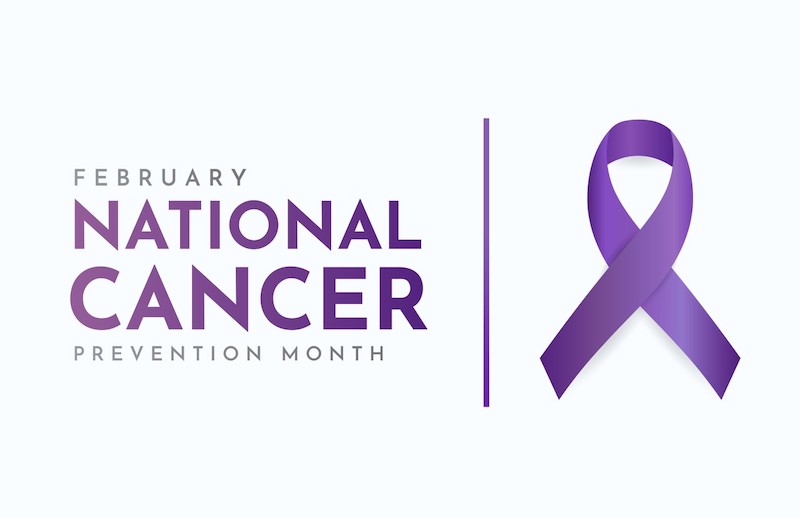

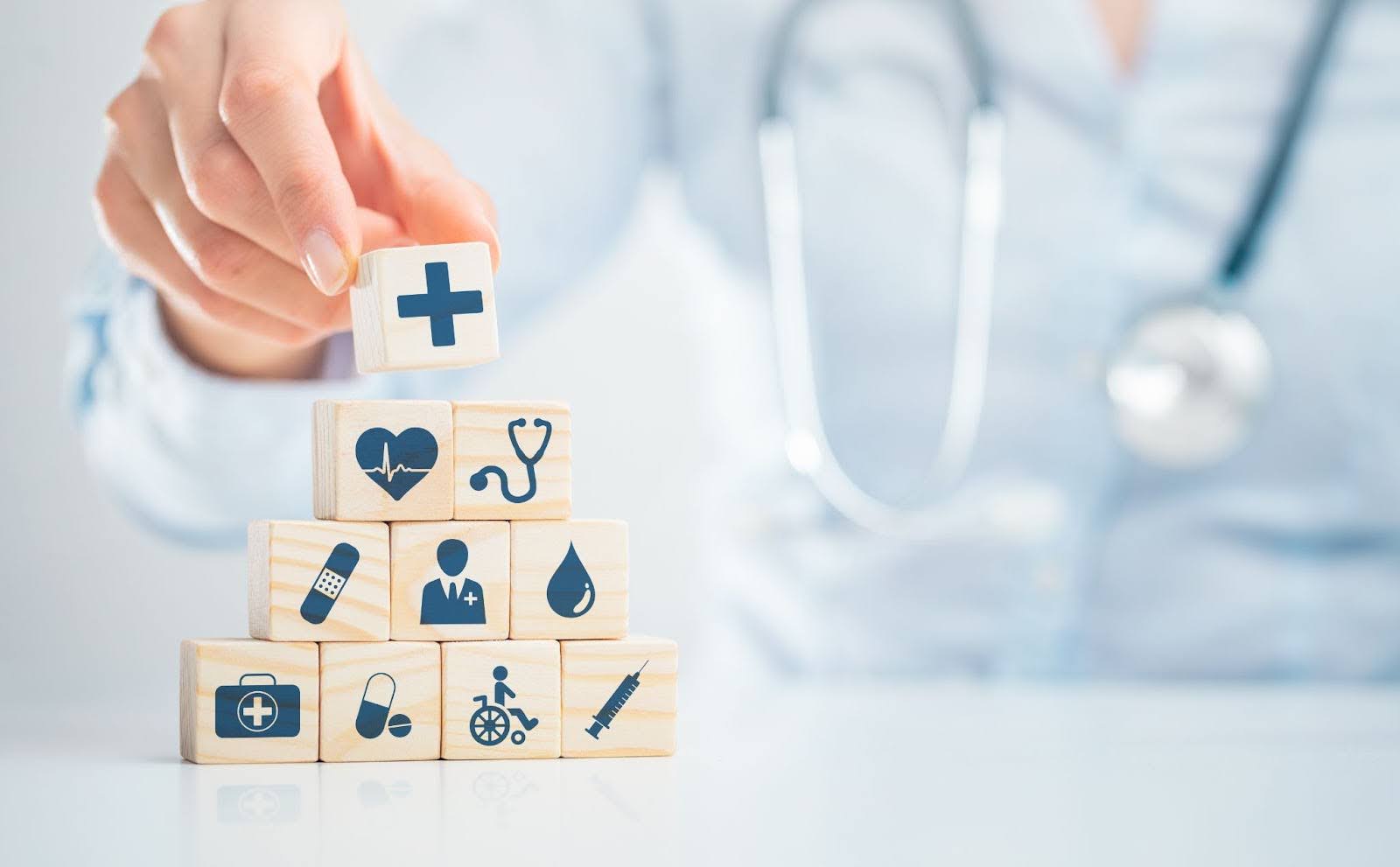
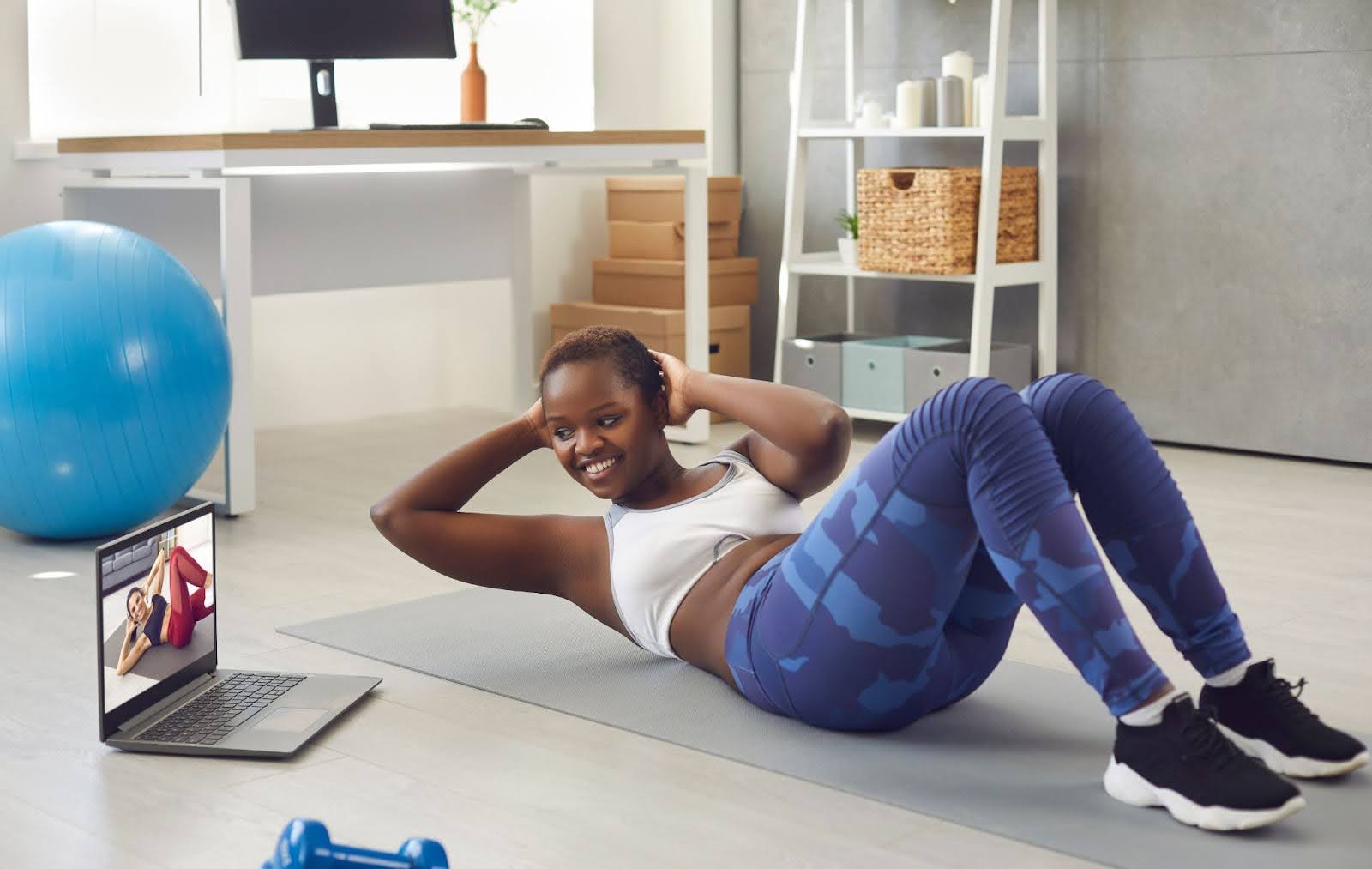

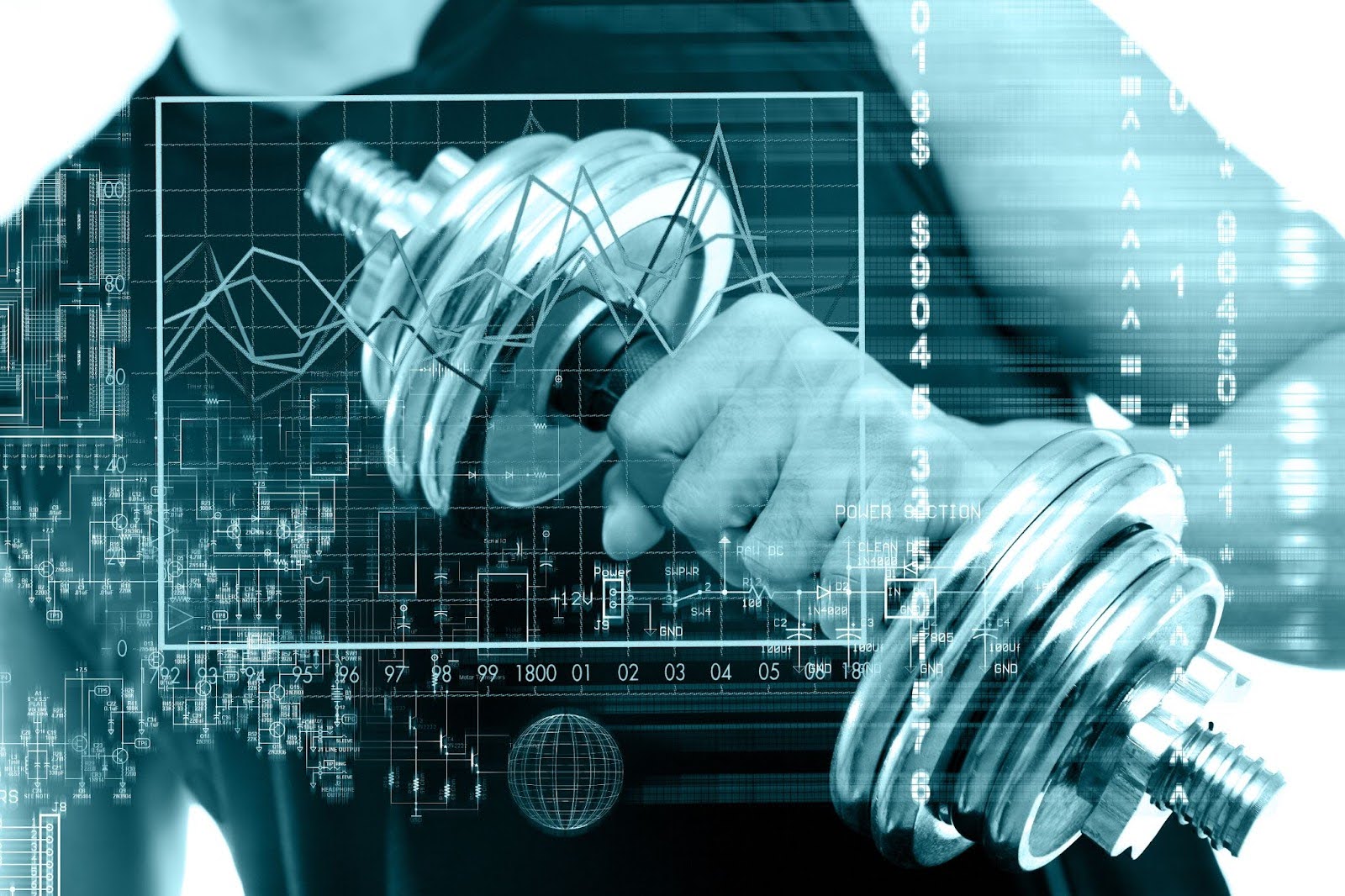


Comments - 0